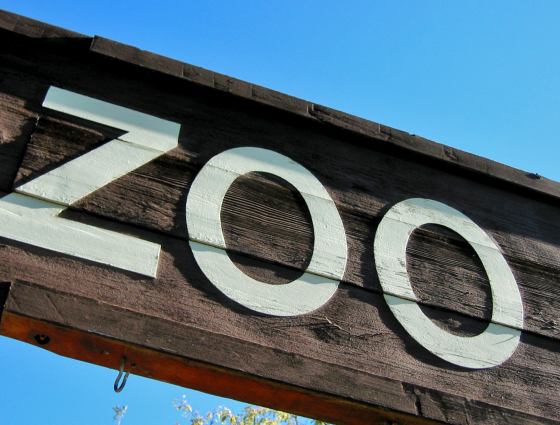
Science, Maths and Research - Zoologist
Science, Maths and Research - Zoologist
Red
Zoologists study animals and their behaviour.
- Carry out field and laboratory research
- Study animals in their natural environment or in captivity
- Identify, record and monitor animal species
- Gather and interpret information
- Use complex procedures, like computerised molecular and cellular analysis, and in-vitro fertilisation
- Produce detailed technical reports
- Give presentations and publish information in journals and books
- Supervise technicians
As a Zoologist, you could work in a laboratory or at a research facility.
Your working environment may be outdoors some of the time and you'll travel often.
Zoologists tend to work between 38 to 40 hours a week. You could work evenings, weekends and bank holidays to allow you to attend events or appointments.
Starting: £18,000
Experienced: £48,000
You can get into this job by doing a university course. You could study for a degree in a subject like:
- zoology
- animal ecology
- animal behaviour
- conservation
- marine biology
- environmental biology
You'll need a relevant postgraduate qualification like a master's degree or PhD for some jobs, particularly in research.
Some degree courses offer a placement year where you can gain relevant experience in areas like conservation.
Doing an internship during the summer of your second or last but one year at university can also help you gain useful knowledge and skills. Your university careers department may have links with wildlife or conservation organisations in the UK or overseas. You'll usually need:
- 2 or 3 A levels, or equivalent, including biology for a degree
- a degree in a relevant subject for postgraduate study
